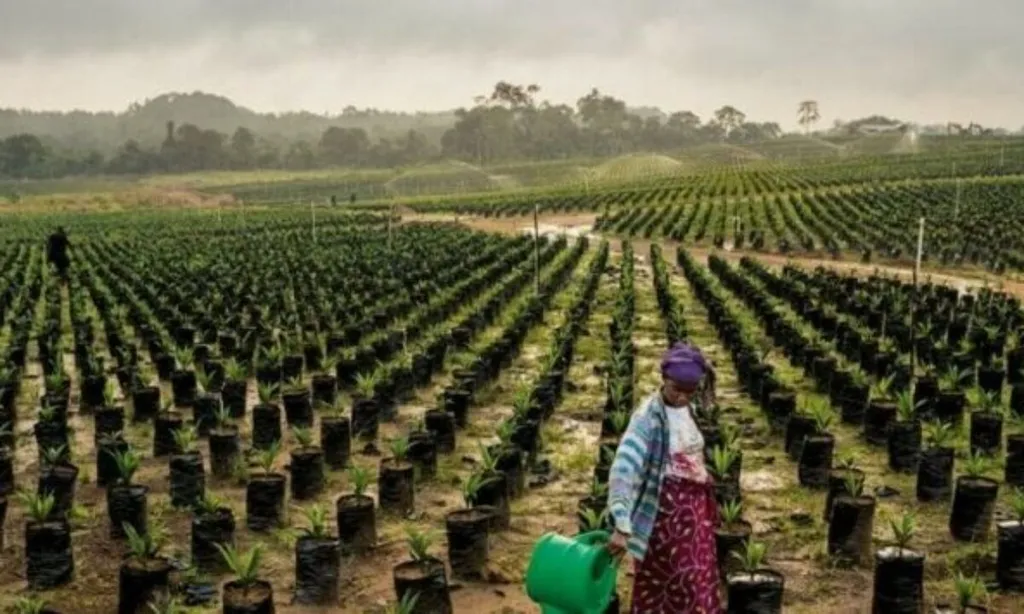In the heart of North Africa, Morocco is making significant strides in the realm of biopesticide research, offering a beacon of hope for sustainable agriculture. A recent study published in the *African and Mediterranean Agricultural Journal – Al Awamia* reveals that Morocco’s research output in this critical area has grown at an impressive average annual rate of 9.09% from 1989 to 2024, with a remarkable 28.47% growth in the last five years alone. This surge in research activity is not just academic; it holds substantial promise for the future of agriculture, both locally and globally.
The study, led by Rachid Azenzem from the INRA Regional Center of Agricultural Research of Tangier, employs scientometric tools to map the evolution of biopesticide research in Morocco. Initially focused on foundational studies of microbial agents, Moroccan research has expanded into practical applications, particularly in horticulture and citrus production. This shift is crucial, as biopesticides offer a natural and sustainable alternative to synthetic agrochemicals, which have long been a concern due to their environmental and health impacts.
“Biopesticides represent a paradigm shift in how we approach pest and disease management,” Azenzem explains. “They not only reduce our reliance on harmful chemicals but also align with global trends toward sustainable and regenerative agriculture.”
The study highlights the importance of international collaborations, particularly with France, Spain, Turkey, and the USA, in advancing the field. These partnerships have facilitated knowledge exchange and technology transfer, accelerating Morocco’s research progress. Key institutions like INRA and Cadi Ayyad University have been at the forefront of this effort, contributing significantly to the research output and publishing findings in high-impact, interdisciplinary journals.
The commercial implications of this research are profound. As the global market for biopesticides continues to grow, Morocco is positioning itself as a key player. The adoption of biopesticides can enhance food security, improve crop yields, and strengthen Morocco’s competitive position in international markets. Moreover, the shift toward sustainable agriculture practices can attract environmentally conscious consumers and investors, opening new avenues for economic growth.
However, the study also underscores the need for continued investment in scientific capacity, supportive policies, and sustained international partnerships. “While we have made significant progress, there is still much work to be done,” Azenzem notes. “We need to build on this momentum to ensure that Morocco remains at the forefront of biopesticide research and application.”
As Morocco continues to innovate in this field, the potential for shaping the future of agriculture is immense. The country’s efforts could serve as a model for other nations, demonstrating how research, collaboration, and policy can converge to drive sustainable agricultural practices. With further investment and support, Morocco has the potential to make significant contributions to global food security and sustainable agriculture, setting a new standard for the industry.

